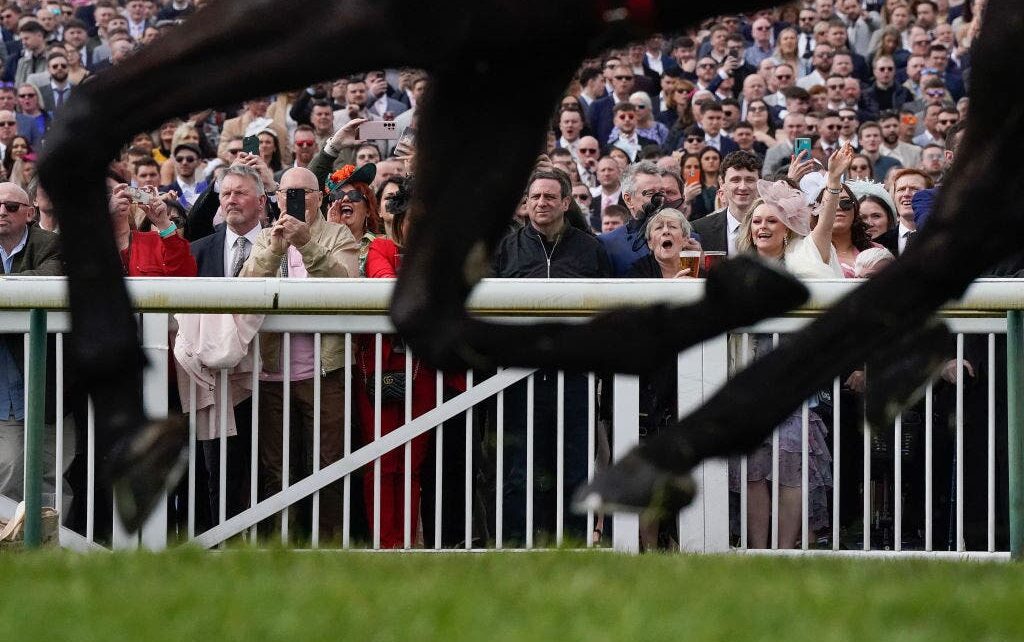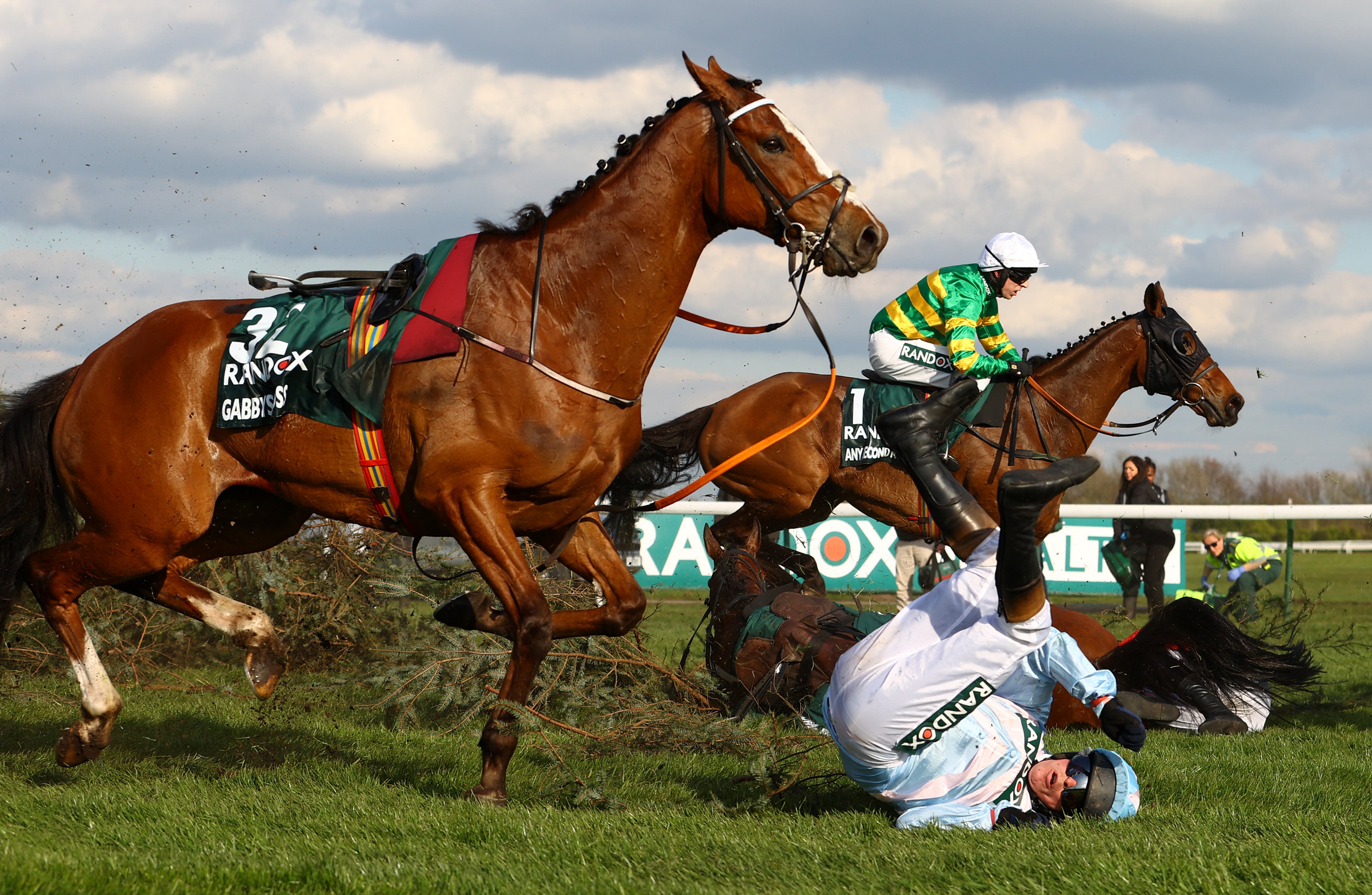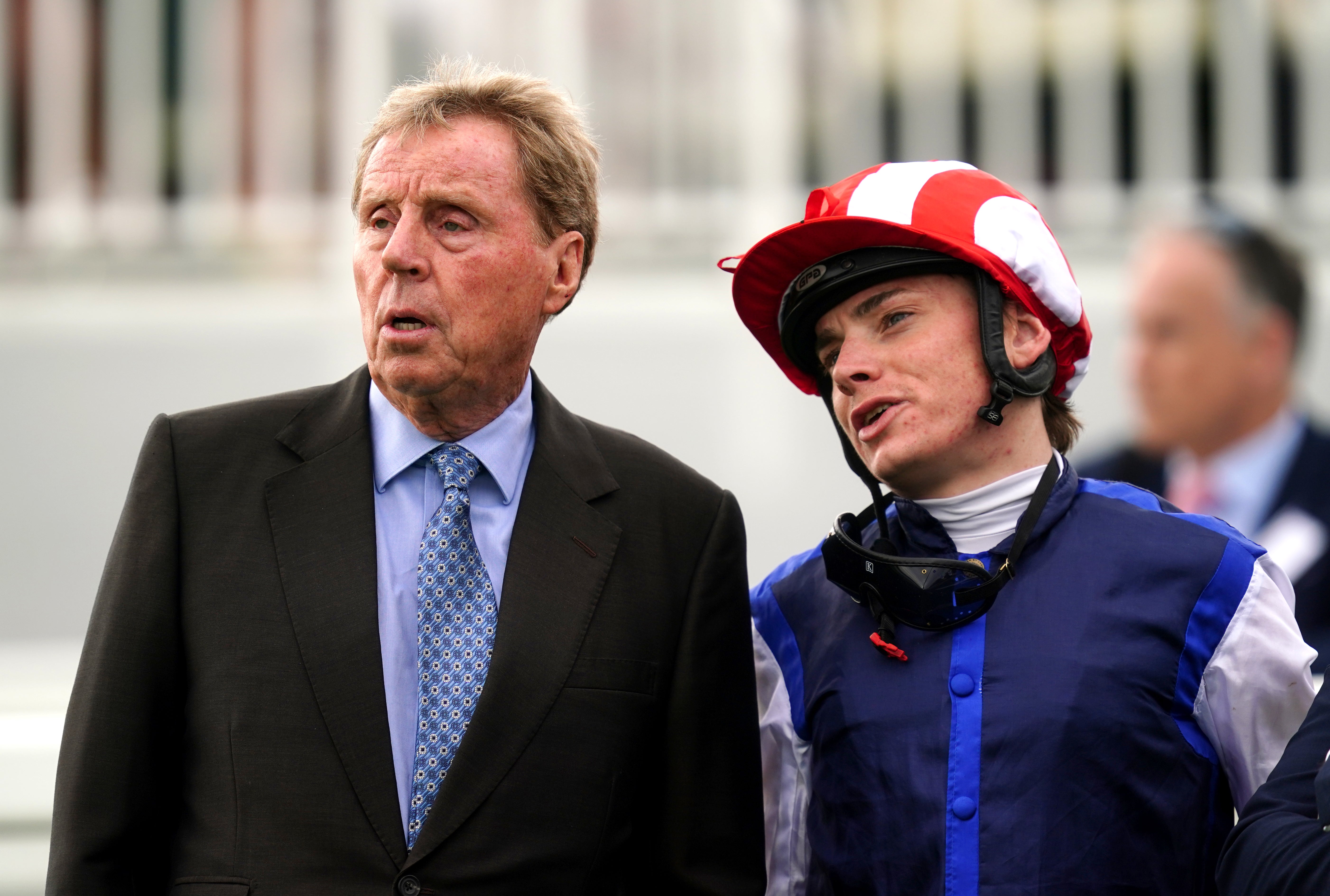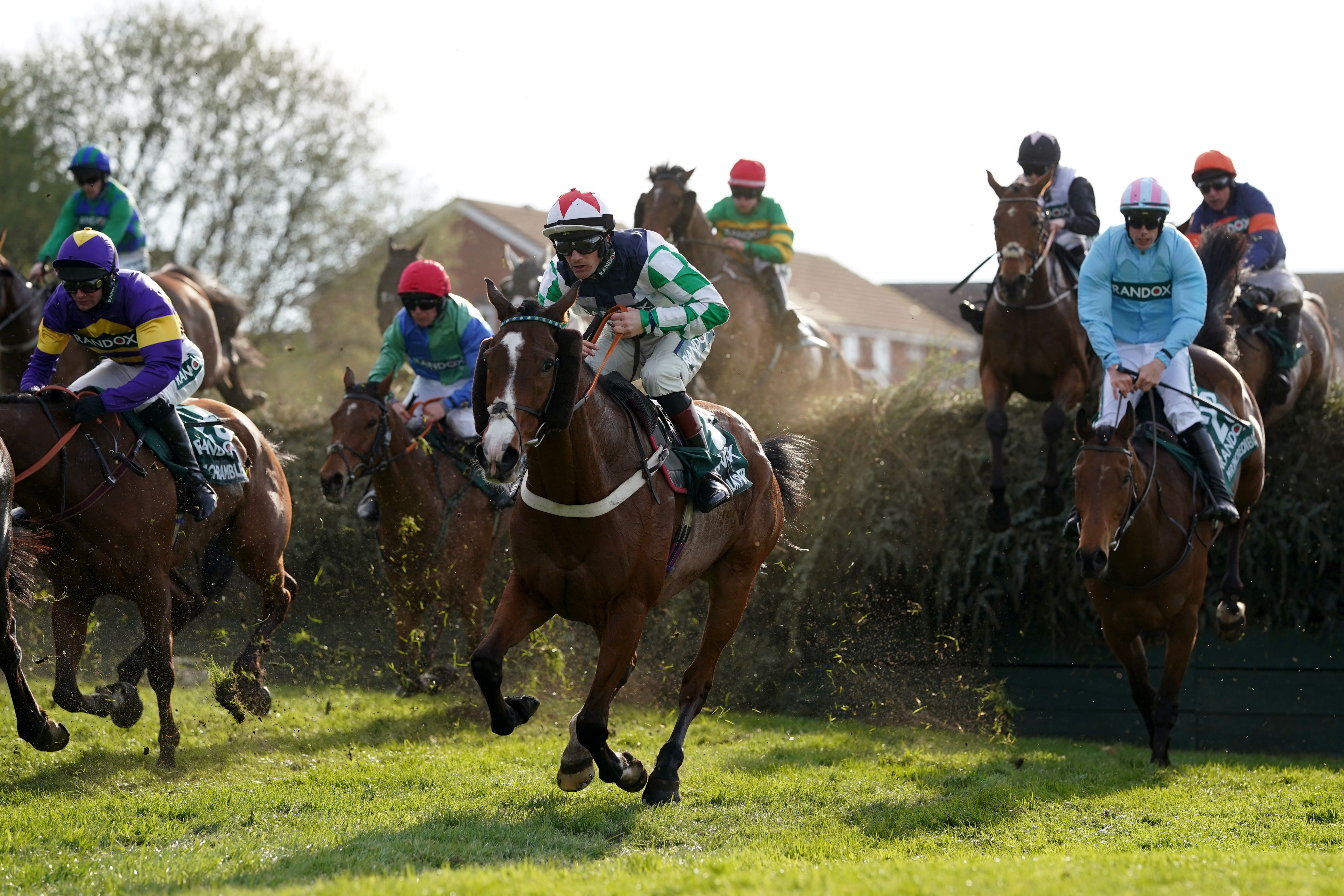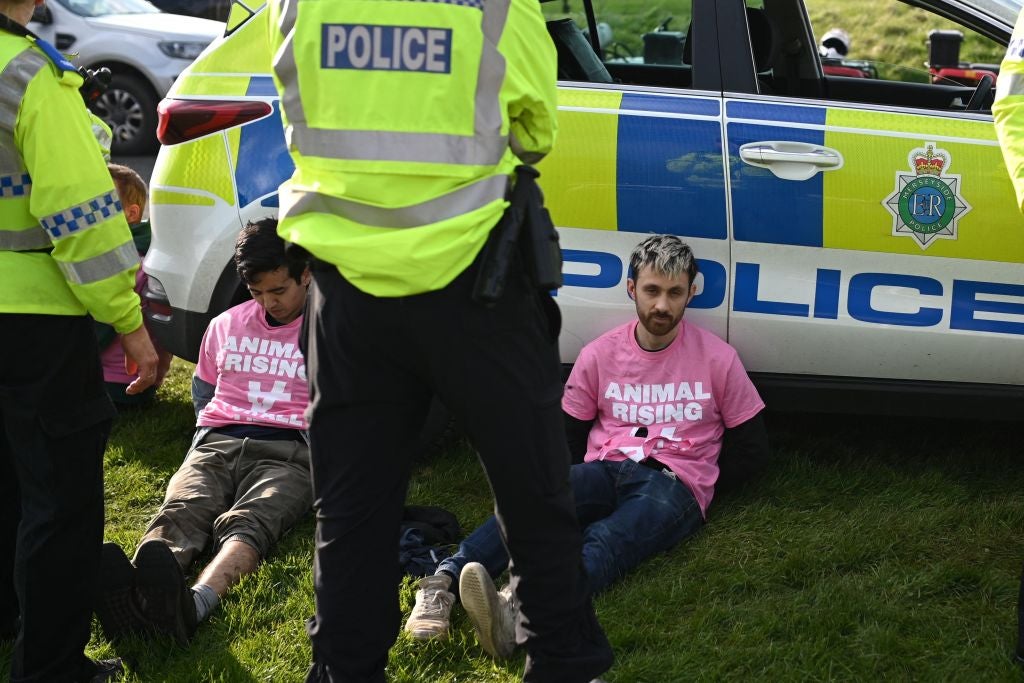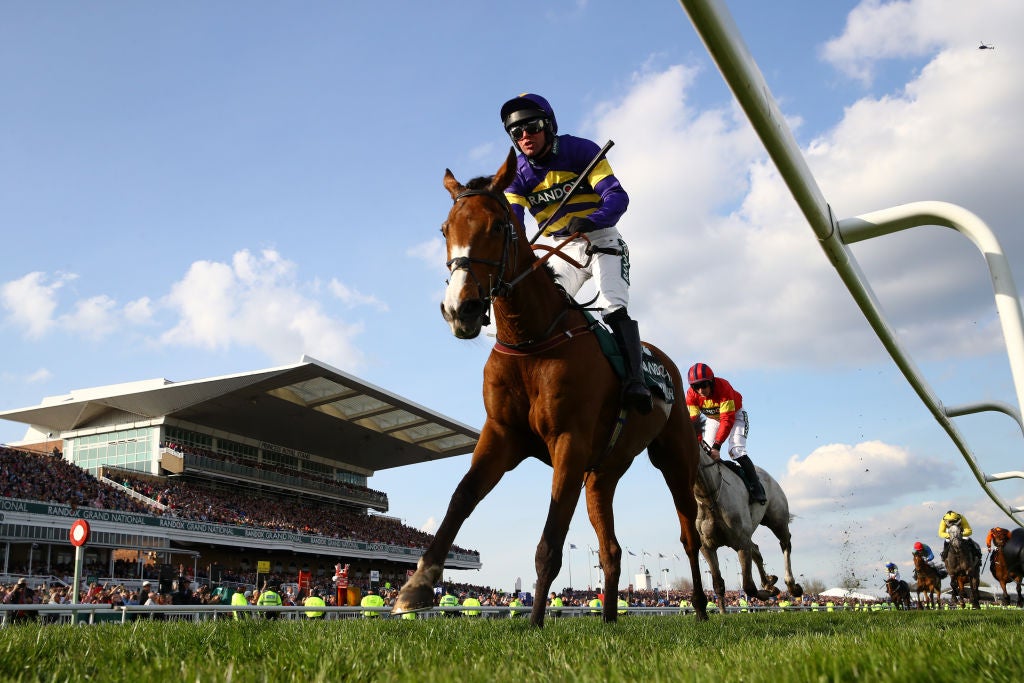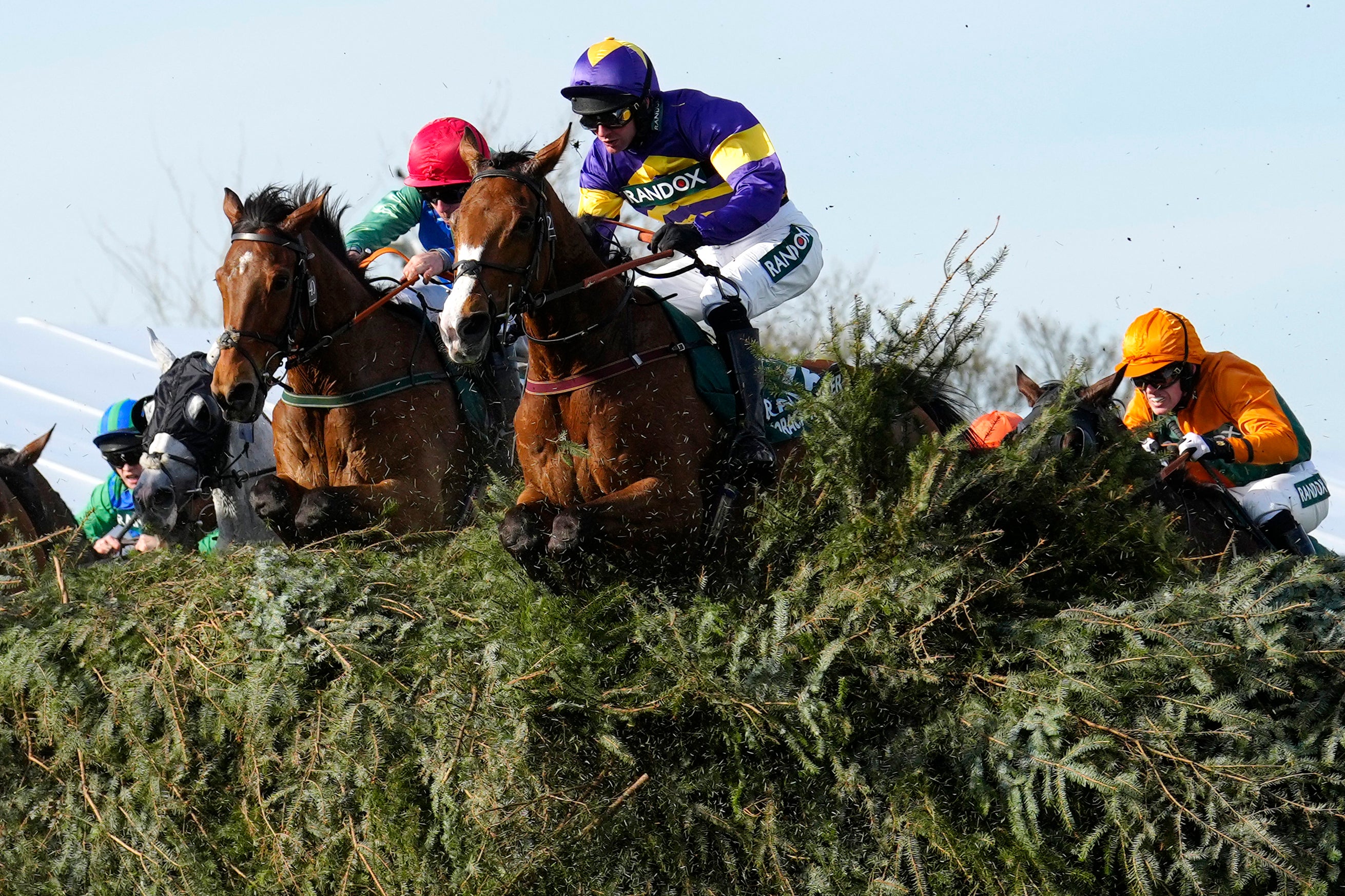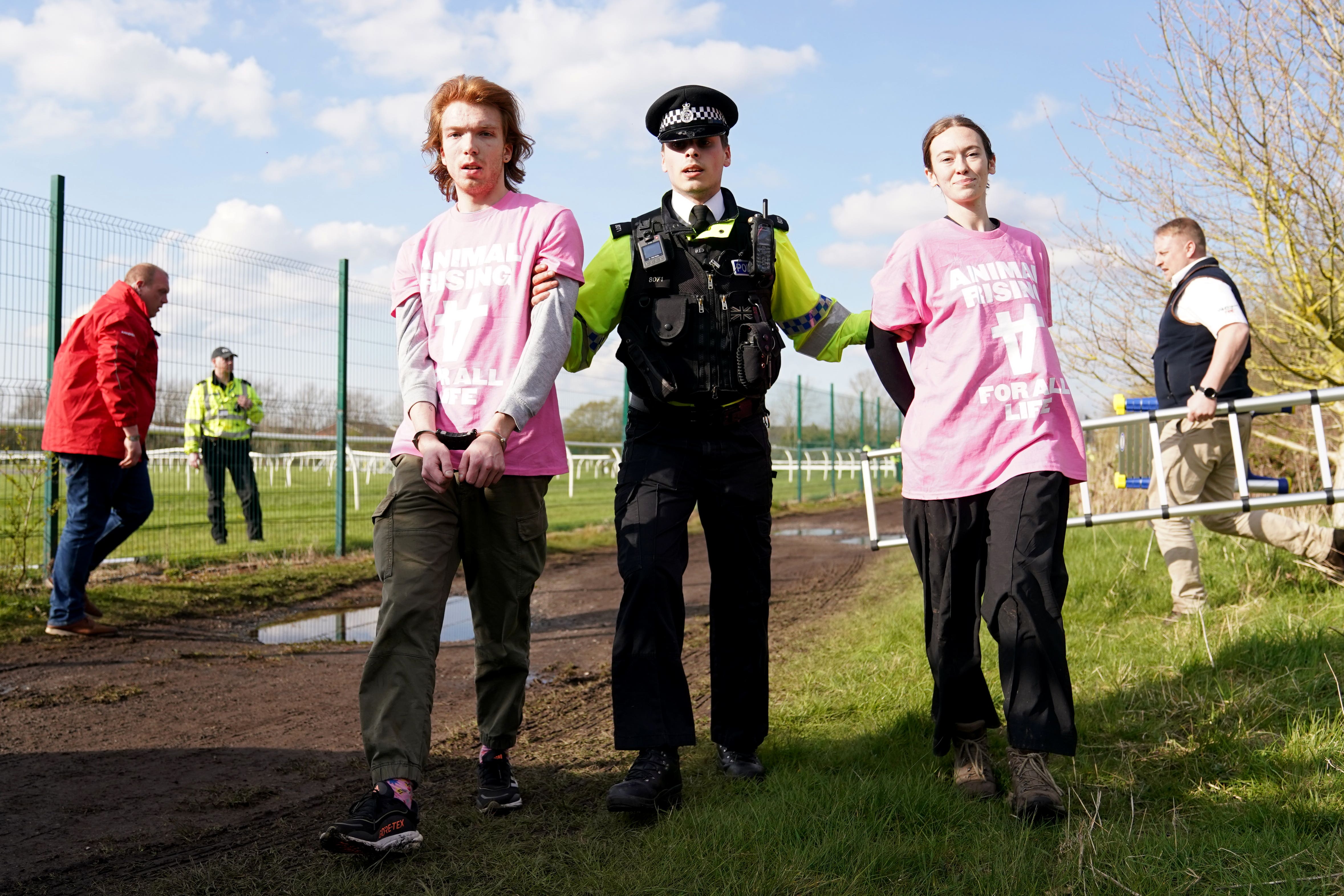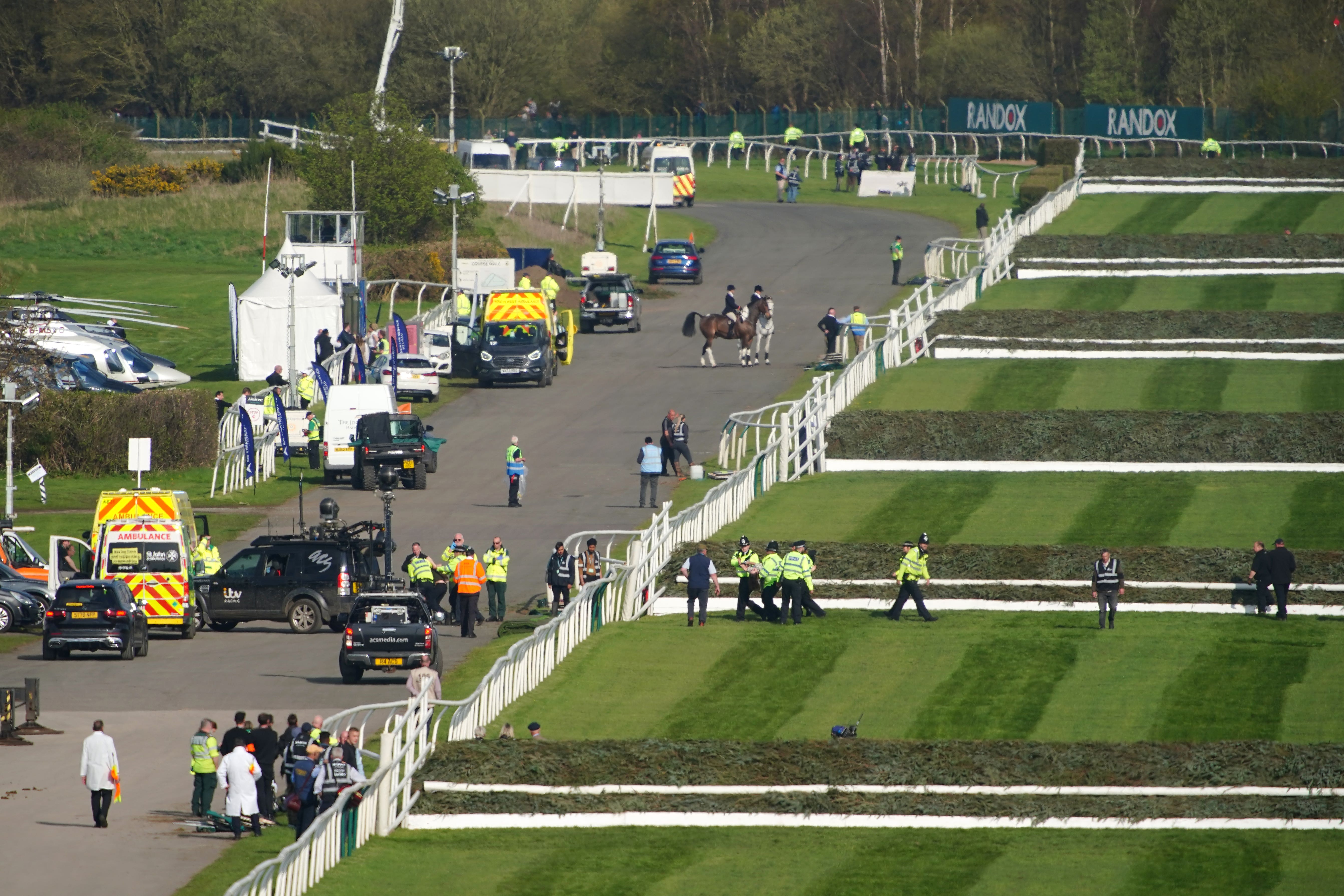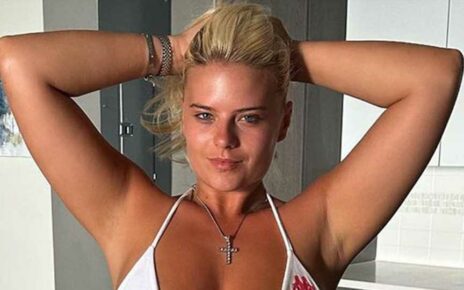In this instance, some prominent voices in the industry have already suggested that as such, this is a case of a relatively low-volume of anti-racing viewpoints receiving an outsized amount of attention due to the timing and visible nature of the protests, as well as – of course – increasing social media use.
The statistics of fallen horses also continue to be on the decrease, at Aintree and beyond – though it must also be noted the deaths at the Grand National have not reached the low average of the rest of the country, so work remains to be done to improve rider and horse safety.
On the one hand, those protesting are claiming that three deaths across the weekend and one in the Grand National itself show the importance of what they are doing, prove the value and the necessity for them to take action in such an upfront way.
Against that is the suggestion that their very actions actually contributed to the disastrous start, with horses left “hyper” and not able to be in as calm a state of mind as would normally be the case in their usual routine, because of the delay to the start of the race.
“He got absolutely hyper and we washed him off. They haven’t a bloody clue what they’re doing. He just hasn’t taken off at the first fence; he’s got so bloody hyper because of the carry on,” trainer Sandy Thompson said regarding the protests and Hill Sixteen’s fall.
“Unfortunately, it’s a statistic we’re all trying to avoid. He’s jumped round here twice and never had a bother. I don’t know when he last fell. I know how ignorant these people are and they haven’t a bloody clue. They just cause more problems than they ever solve.”
By contrast, the League Against Cruel Sports claimed: “The death of Hill Sixteen … reflects [the Grand National’s] shocking safety record – 16 horses have now died in the race since the year 2000. It cannot be more apparent that it is time for change and for the introduction of tighter safety measures in the Grand National, at the Aintree racecourse and at racecourses across the UK.”
In total, 118 people were arrested and at least two appeared to try and affix themselves to a jump. It’s perhaps notable that while some members of the public were indeed here protesting the race and the sport, other ordinary citizens – racegoers – actively tried to stop them, some succeeding in halting protestors reach the track. It’s nothing new when different people want (or don’t want) different things, which has led to this clash and demand for change.
But it is entirely one-sided in size and clamour right now, with those enjoying the proceedings vastly outweighing those fighting not just for significant change, but for an end to sport itself.
As for the calls to halt the Grand National, an event which has been running for approaching two centuries, the national governing body are predictably absolute in their dismissal of the case.
Recommended
“As a sport we have for years shown great determination and commitment to improve welfare standards by taking measured scientific, evidence-based, regulatory and education-based steps. We respect the right of anyone to hold views about our sport, but we robustly condemn the reckless and potentially harmful actions of a handful of people in disrupting the race at a time when horses were in the parade ring,” said a statement from the British Horseracing Authority.
“Those involved in British racing are rightly proud of our sport and the role it plays in providing an unparalleled quality of life for horses bred for racing. Love and respect for horses is at the heart of everything we do. The Grand National is and always will be an iconic sporting event and the actions of a small number of people today will do nothing to diminish its huge and enduring international appeal.”
Source: Read Full Article
